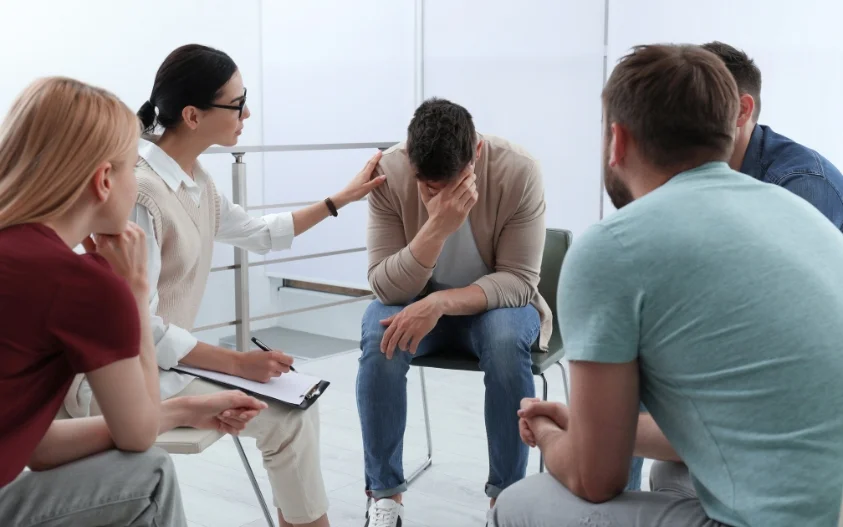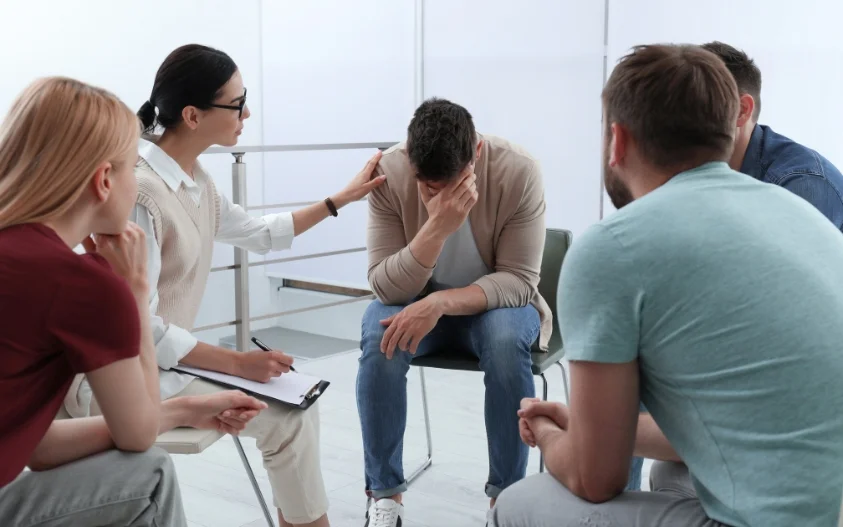24/7 Helpline:
(866) 899-221924/7 Helpline:
(866) 899-2219
Learn more about PTSD Treatment centers in Osceola County

Other Insurance Options

ComPsych

Lucent

Regence

MVP Healthcare

Health Partners

UnitedHealth Group

CareSource

BlueShield

Anthem

Magellan

Ceridian

BlueCross

WellPoint

Providence

AllWell

Sutter

Medical Mutual of Ohio

Optum

PHCS Network

United Health Care

Catskill Regional Medical Center – Behavioral Health
Catskill Regional Medical Center – Behavioral Health is a private rehab located in Harris, New York....

















Compass Pointe
Compass Pointe offers outpatient services for individuals struggling with substance abuse addiction....






















